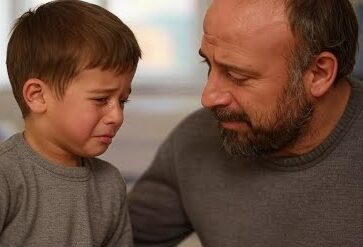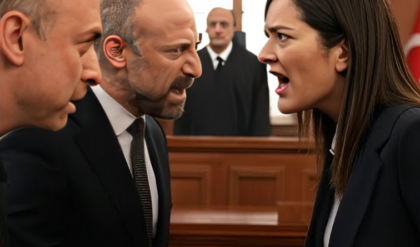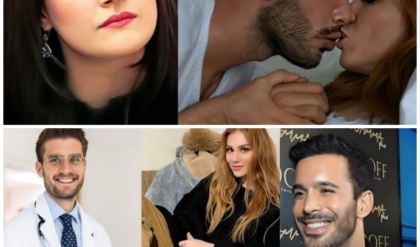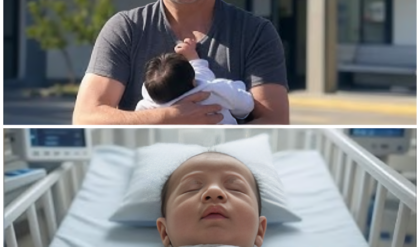The Princess of Wales’s cancer diagnosis has put a stop to the internet’s wilder conspiracy theories, but it could be temporary

How the story of the Princess of Wales’s cancer treatment was reported on Fox News in the US. Photograph: Fox News
After Friday’s filmed statement from the Princess of Wales, it is now TikTok, Facebook, Instagram and X, formerly Twitter, who are in the dock. This weekend thousands of individual users have expressed contrition over the conspiracy theories they aired and the boss of X herself tried to reposition her platform by urging compassion.
“A brave message delivered by Princess Kate with her signature grace,” CEO of X, Linda Yaccarino, posted, adding, “Her request for privacy, to protect her children and allow her to move forward (without endless speculation) seems like a reasonable request to respect.”
Speculation about the whereabouts and wellbeing of Catherine, in the face of repeated contradictions from Kensington Palace, took place chiefly on social media in this country. While British newspapers showed restraint, phones lit up with conspiracy theories – and foreign print and TV news journalists joined in.

The Princess of Wales delivering her statement on Friday. Photograph: BBC Studios
“Kategate became a cottage industry of clickbait online because it was a mystery, which invites audience participation,” said writer Helen Lewis of the Atlantic. “One of the rules of the internet is that people like to put themselves into the narrative, and here, everyone got a chance to be the lead in their own version of CSI.”
Rosie Boycott, a crossbench peer and former editor of the Independent and the Daily Express, sees it as “a very shabby episode”. “I hope people feel quite ashamed because the internet hit a real low with poor Kate,” she said. “There may have been a briefing for some British newspaper editors, telling them to take it seriously, but we have zero control over social media – and then that viral outbreak itself becomes the story.”
Forensic analysis of the princess’s clothes was conducted online by amateur sleuths arguing the edited royal Mother’s Day photograph was a total composite, while others disbelieved the farm shop video of the couple that became public last week. Although some of this spurious detective work was driven by misplaced concern for Catherine, it also demonstrated a current distrust of “legacy” media.
“It is the wild west online, partly because of the anonymity,” said Boycott. “But Kategate has been horrid and I don’t understand it, except that it reveals this strange thing we have about feeling we own celebrities.”
Lewis watched as the vacuum of real news spawned online content: “There was just enough truth among all the speculation to make the conspiracy theories not entirely absurd. By accident, Kensington Palace fed the fire rather than quenched it,” she said.

“So you could watch videos explaining how the photo of Kate and the children was suspiciously edited – which it was. That legitimised the wilder stuff about body doubles and AI generation. I even saw a 3D animated reconstruction of one of the photos taken of Kate in the car.
“Some people were doing all this with self-aware irony, but other people presented themselves as trying to ‘save’ Kate, in a way that was reminiscent of the stories around Britney Spears – and again, that’s someone who apparently was sending coded messages about her conservatorship through her Instagram captions. So the idea isn’t completely ridiculous.”
The new tone of online sobriety might last a while, given the gravity and sensitivity of the princess’s situation, even on digital forums that are built to discourage moderate voices. But the appetite for status updates on her health will not go away.
“What this proves is that Kensington Palace can still control the British press to some extent,” said Lewis. “But they can’t control the internet, or the American media, who are hugely interested in our royal family but have very different standards on privacy and libel.”
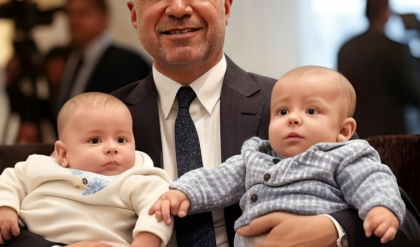


 .
.